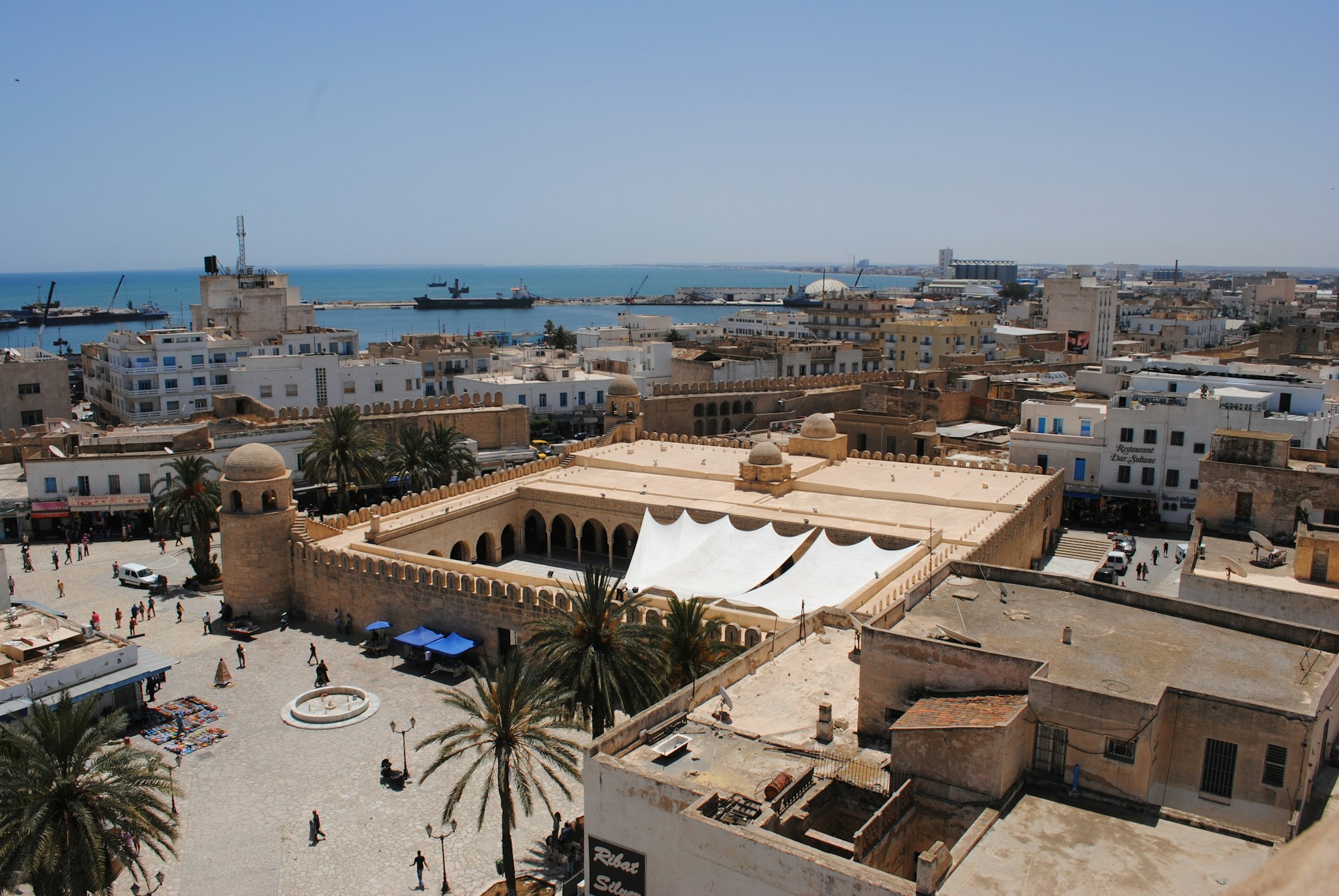Tunisia: Exploring Culture & Traditions

Tunisia: Exploring Culture & Traditions
Introduction
Welcome to Tunisia, a captivating North African country known for its rich culture and fascinating traditions. Situated on the Mediterranean coast, Tunisia offers visitors a unique blend of history, natural beauty, and warm hospitality. From bustling souks to ancient Roman ruins, sandy beaches to desert landscapes, this diverse destination is sure to leave you awe-inspired. Let's embark on a journey to discover the wonders that Tunisia has to offer!
Getting There
Tunisia is easily accessible by air, with major international airports located in Tunis and Monastir. Several airlines offer direct flights from various cities around the world. If you're coming from Europe, you can also consider traveling by ferry from Italy to Tunis. Once in Tunisia, you can explore the country by renting a car, taking a train, or using local buses.
Must-See Attractions
- Carthage: Explore the ancient ruins of Carthage, once a powerful city-state in the Roman Empire. Marvel at the well-preserved remnants, including the Byrsa Hill, Roman baths, and Antonine Baths.
- Medina of Tunis: Immerse yourself in the narrow alleyways and bustling markets of the Medina of Tunis, a UNESCO World Heritage Site. Discover traditional crafts, enjoy aromatic spices, and visit historic landmarks like Zitouna Mosque and Dar Ben Abdallah.
- Sahara Desert: Embark on an unforgettable adventure to the Sahara Desert. Take a camel trek across the mesmerizing golden dunes and spend a night at a desert camp, where you can stargaze and experience true Berber hospitality.
- Dougga: Step back in time at the ancient Roman city of Dougga. Wander among impressive temples, theaters, and villas, all set amidst picturesque rolling hills. Don't miss the well-preserved Capitol, Baths of Antoninus, and Amphitheater.
- Sidi Bou Said: Visit the charming blue and white village of Sidi Bou Said, perched on a hill overlooking the Mediterranean Sea. Lose yourself in its narrow streets adorned with vibrant flowers and enjoy breathtaking views from the cliffside café terraces.
Cultural Experiences
- Traditional Music: Immerse yourself in Tunisia's rich musical heritage by attending a live performance of traditional music, such as the hauntingly beautiful sounds of the oud, darbuka, and ney. Don't be shy to join in the dancing!
- Cuisine: Indulge in Tunisia's delicious cuisine, influenced by its Mediterranean, Arabic, and Berber roots. Try local specialties like couscous, brik (a savory pastry), and harissa (a spicy chili paste). Don't forget to savor a cup of refreshing mint tea.
- Hammam Experience: Treat yourself to a traditional hammam experience, a rejuvenating ritual that involves steam bathing, exfoliation, and massage. Feel your worries melt away as you indulge in this centuries-old practice of cleansing and relaxation.
- Festivals: If you happen to visit during a festival, you're in for a treat! Tunisia celebrates numerous cultural events throughout the year, featuring traditional music, dance, and vibrant processions. Look out for the Carthage International Festival and the Festival of the Medina in Tunis.
Local Customs
Tunisia has a unique cultural identity shaped by a mix of Arab, Berber, and Mediterranean influences. Here are a few customs to be aware of:
- Greetings: When meeting someone, it's customary to exchange greetings and shake hands. If you're visiting a local's home, it's polite to bring a small gift, such as sweets or flowers.
- Dress Code: While Tunisia is relatively liberal, it's respectful to dress modestly, especially when visiting religious sites or rural areas. Women may want to cover their shoulders and avoid wearing revealing clothing.
- Tea Culture: Tea is an integral part of Tunisian culture. Accepting a cup of tea is seen as a gesture of friendship. It's customary to drink three cups, but if you don't want more, leave your cup almost full.
- Ramadan: If you visit during the holy month of Ramadan, respect the customs of fasting Muslims by refraining from eating, drinking, or smoking in public during daylight hours. However, restaurants and cafes in tourist areas are usually open for non-Muslim visitors.
- Bargaining: Bargaining is customary in markets and souks. Don't be afraid to negotiate the price, but do so respectfully and with a smile. It's part of the local shopping experience and can be a fun way to interact with vendors.
Conclusion
Tunisia offers an incredible blend of history, culture, and natural beauty. Whether you're exploring ancient ruins, relaxing on pristine beaches, or immersing yourself in vibrant markets, this captivating country promises an unforgettable adventure. So pack your bags, embrace the warmth of Tunisian hospitality, and set off on a journey that will leave you with memories to last a lifetime.
